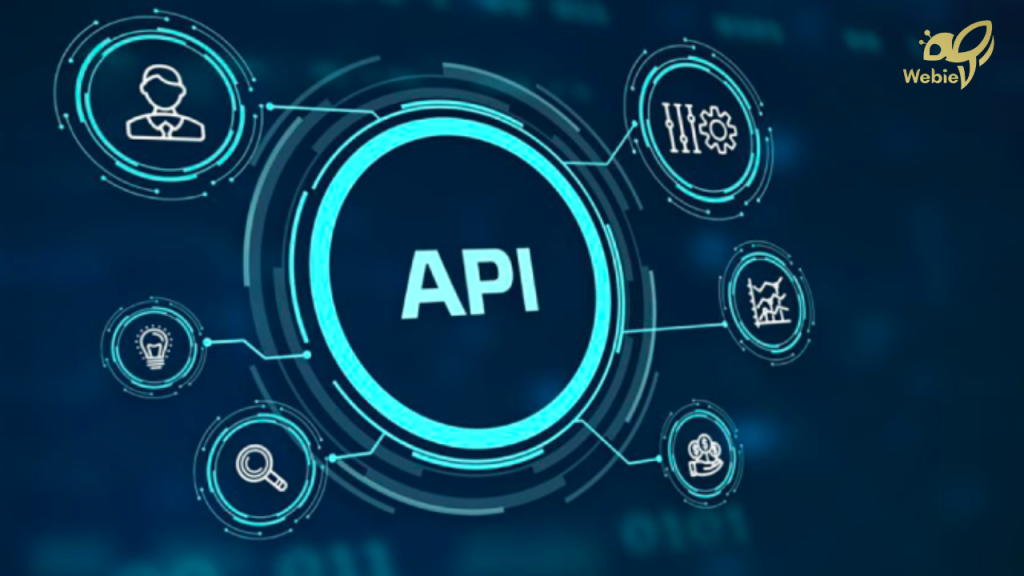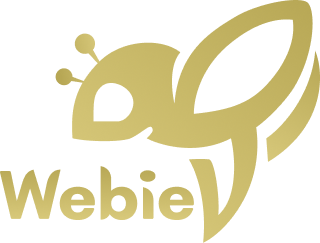In today’s rapidly evolving tech landscape, businesses must tackle the challenges of system integration, automation, and resource optimization. This is where API Marketing emerges as a game-changing solution. But what exactly is API Marketing, and why is it considered a “key to success” in the digital era?
API Marketing is no longer just a buzzword among tech professionals—it’s quickly becoming a strategic tool in modern marketing. With the ability to seamlessly connect platforms, systems, and data, API Marketing empowers businesses to streamline processes, personalize user experiences, and significantly boost campaign performance.
If you’re looking for ways to elevate your business in the digital age, it’s time to explore and adopt API Marketing, a solution already embraced by leading digital-first companies to gain a strong competitive edge. Let Webie Vietnam guide you through the world of API Marketing in this article.

What Are API and API Marketing?
What is an API?
An API (Application Programming Interface) is a software intermediary that enables different systems and applications to communicate and exchange data securely and efficiently. In the marketing context, API allow integration between platforms such as Facebook, Instagram, CRMs, email marketing tools, ad networks, and more—creating a continuous, synchronized data flow.
API Marketing – Automating Your Marketing Strategy Effectively
Instead of managing each tool manually, API Marketing allows businesses to integrate and automate multi-channel marketing campaigns. Marketers can easily distribute content, personalize user experiences, and analyze customer data from various sources to make more accurate decisions.
With capabilities like ad automation, audience-based content delivery, and performance optimization, API Marketing is the key to boosting marketing efficiency, reducing costs, and driving sustainable growth in a digital-first world.
6 Essential Types of API Marketing You Shouldn’t Miss
API Marketing is quickly becoming an essential tool for businesses to accelerate, automate, and personalize their marketing efforts. Today, six key types of marketing API are widely used:
- Advertising API: Automate ad campaign management across platforms like Facebook, Google, Instagram, and LinkedIn.
- Email Marketing API: Send transactional and personalized marketing emails based on user data.
- Content Personalization API: Deliver relevant content based on user behavior.
- CRM API: Sync and manage customer data to enable personalized engagement.
- Analytics API: Collect and analyze marketing data across different channels.
- E-commerce API: Automate sales processes and enhance personalized shopping experiences.
In this article, we’ll dive deeper into three core API types: Advertising API, Email Marketing API, and Content Personalization API. The remaining three will be covered in a follow-up article.

Advertising API – Automate Cross-Platform Advertising
Advertising API allows businesses to automatically create, manage, and optimize ad campaigns on Facebook, Google, Instagram, LinkedIn, and more. Instead of adjusting campaigns manually, API lets you manage budgets, content, bids, frequency, and performance tracking programmatically.
For example, Mozilla used Kevel’s API to launch a native ads platform in weeks—90% faster than building from scratch. AdSpeed also highlights how bulk ad management via API boosts productivity and saves time.
Email Marketing API – Personalized Emails Based on User Behavior
Email Marketing API connects your systems with services like MailChimp, Litmus, or Constant Contact to send transactional (e.g., order confirmations, abandoned cart reminders) and personalized marketing emails.
According to Litmus, email marketing delivers an average ROI of $36 per $1 spent, the highest among all channels. MailerLite even reports ROIs reaching up to 3,500%. Triggered emails like welcome series or cart reminders outperform regular emails, increasing open rates by 71% and click rates by 152%.
Content Personalization API – Personalized Experiences Based on Behavior
Content Personalization API uses customer data—such as browsing and purchase history—to deliver relevant content, products, or offers across websites, apps, and emails.
Hạ tầng McKinsey study found that 71% of consumers expect personalized interactions, while 76% feel frustrated when they don’t receive them. Research from Stripo Email also shows that businesses that personalize content effectively can boost revenue by up to 40% through higher engagement and customer loyalty.
API Marketing – The Smart Way to Grow with Webie Vietnam
In the digital age, API Marketing is more than a trend—it’s a strategic imperative. At Webie Vietnam, we consider API a powerful enabler for automation, personalization, and business growth.
- Smart automation: Save time, reduce manual tasks, and improve performance.
- Seamless data integration: Gain a full view of your customers.
- Personalized experience: Deliver the right message to the right audience.
- Expanded reach: Connect with external platforms and boost brand visibility.
- Faster innovation: Adopt new technologies and stay ahead of the curve.
Ready to take your marketing to the next level? Let Webie Vietnam help you implement smart, scalable API Marketing solutions.
Hotline: 0969 838 467 – Huyen DANG
Email: huyen.dang@webie.com.vn
Website: https://webie.com.vn/




